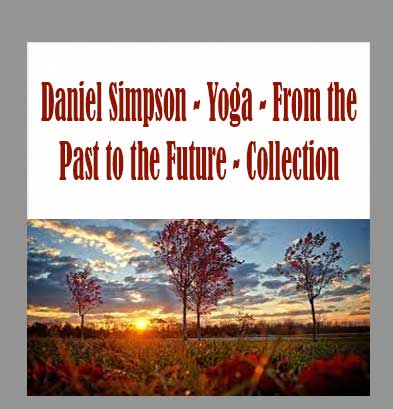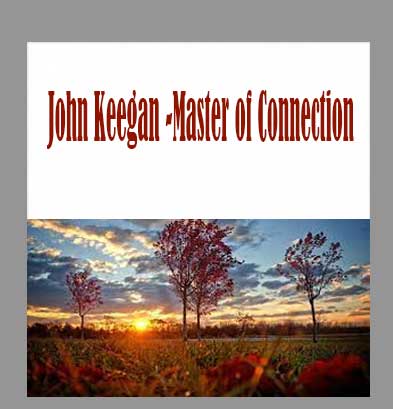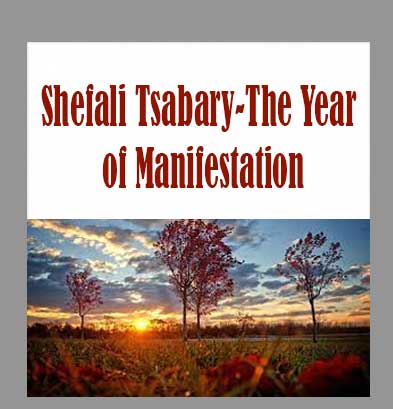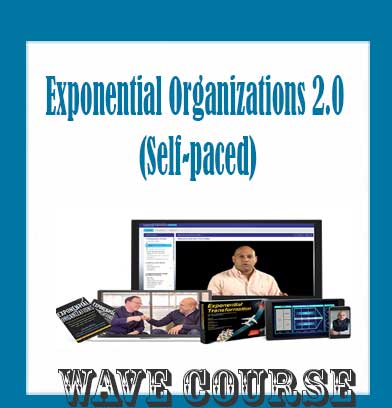
Description
Daniel Simpson – Yoga – From the Past to the Future – Collection download, Daniel Simpson – Yoga – From the Past to the Future – Collection review, Daniel Simpson – Yoga – From the Past to the Future – Collection free
Daniel Simpson – Yoga – From the Past to the Future – Collection
Course Description
Yoga has changed a great deal since the earliest descriptions in Indian texts. A meditative way of renouncing the world has been transformed into a globalized industry focused on postures. Traditional goals of alleviating suffering are usually framed in terms of health and well-being, while ancient ideas about spiritual freedom are widely conflated with New Age philosophy. All of this had started to happen before the modern Western yoga boom, but commercialization has added new twists. As this rapid evolution continues, what preserves a connection to earlier traditions? How far can yoga be stretched before becoming something else? This course highlights themes from the past that keep traditions alive in the 21st century, while also reflecting on contemporary agency. Identifying potential continuities amidst all the change, it provides a corrective to misappropriation and inauthenticity.
Module 1: Prioritising Postures
For much of the history of yoga, the primary practice involved sitting still. Non-seated postures were first taught in texts 1,000 years ago and were used as preparation for subtler techniques. Systems of practice based on sequences of postures only started to appear in the 20th century – along with many common postures, such as warriors and triangles. Innovative teachers often disguised how much was new, as well as where it came from, preferring instead to suggest things were timeless. This module demystifies the evolution of physical practice, from ancient asceticism via medieval haṭha to modern approaches – highlighting distinctions as well as commonalities.
Module 2: Health and Wellness
Early teachings on yoga saw the body as an obstacle to spiritual freedom. Its desires kept people entangled in cycles of suffering, so the answer was to focus within and disengage. Although medieval texts about haṭha-yoga describe physical benefits, their ultimate goal was still a trance-like state of meditation. Despite yoga’s links to traditional medicine, the pursuit of well-being is a modern development. This module charts the shifts in objectives that led to the promotion of yoga as therapy, treating anything from back pain to trauma. It also highlights the influence of women on presenting holistic approaches to practice.
Module 3: Union with Everything
Modern yoga blends traditional teachings with other ideas, often blurring distinctions between different worldviews. Many teachers say yoga means union and comes from Patañjali, whose text says the opposite. This is partly because haṭha-yoga was explained through the prism of non-dual Tantra and Vedānta, supplanting the Yoga Sūtra’s Sāṃkhya philosophy. This tendency accelerated in the 19th century, as influential figures from Vivekananda to Western esotericists highlighted theories that shaped the New Age. This module examines how eclectic thinking produces new practices – a process that continues in recent hybrids such as “Yin Yoga”.
Module 4: Rethinking Authenticity
There has never been any such thing as “One True Yoga” – an ancient pure form that others corrupt. Theories and methods have been combined in different ways at different times, drawing inspiration from a wide range of sources. Globalization has been fuelling debates about who owns yoga, along with concerns about how to decolonize it – not least since the cultural exchanges between East and West that produced modern practice took place under British occupation of India. The last module examines this history and asks what comes next, reframing authenticity in personal terms – an inquiry into what preserves connections to earlier traditions.
In this course students will learn to:
- Critically evaluate historical narratives
- Understand their own place in the process of change
- Identify themes that connect innovations with earlier traditions
- Refine awareness of contemporary concerns about authenticity
- Develop a vision of how modern practice relates to the past
- Articulate priorities for yoga’s evolution in the 21st century
Author
Daniel Simpson
Daniel Simpson is the author of The Truth of Yoga, an accessible guide to yoga history and philosophy. His approach combines scholarly knowledge with humor and insight, informed by more than 20 years of practical experience. He holds a master’s degree in yoga studies (from SOAS at the University of London) and teaches courses at the Oxford Centre for Hindu Studies, on yoga teacher trainings. In a previous career, he was a foreign correspondent, working for Reuters and the New York Times.
Frequently Asked Questions:
- Innovative Business Model:
- Embrace the reality of a genuine business! Our approach involves forming a group buy, where we collectively share the costs among members. Using these funds, we purchase sought-after courses from sale pages and make them accessible to individuals facing financial constraints. Despite potential reservations from the authors, our customers appreciate the affordability and accessibility we provide.
- The Legal Landscape: Yes and No:
- The legality of our operations falls into a gray area. While we lack explicit approval from the course authors for resale, there’s a technicality at play. When procuring the course, the author didn’t specify any restrictions on resale. This legal nuance presents both an opportunity for us and a boon for those seeking budget-friendly access.
- Quality Assurance: Unveiling the Real Deal:
- Delving into the heart of the matter – quality. Acquiring the course directly from the sale page ensures that all documents and materials are identical to those obtained through conventional means. However, our differentiator lies in going beyond personal study; we take an extra step by reselling. It’s important to note that we are not the official course providers, meaning certain premium services aren’t included in our package:
- No coaching calls or scheduled sessions with the author.
- No access to the author’s private Facebook group or web portal.
- No entry to the author’s exclusive membership forum.
- No direct email support from the author or their team.
We operate independently, aiming to bridge the affordability gap without the additional services offered by official course channels. Your understanding of our unique approach is greatly appreciated.
- Delving into the heart of the matter – quality. Acquiring the course directly from the sale page ensures that all documents and materials are identical to those obtained through conventional means. However, our differentiator lies in going beyond personal study; we take an extra step by reselling. It’s important to note that we are not the official course providers, meaning certain premium services aren’t included in our package:
Refund is acceptable:
- Firstly, item is not as explained
- Secondly, Item do not work the way it should.
- Thirdly, and most importantly, support extension can not be used.
Thank you for choosing us! We’re so happy that you feel comfortable enough with us to forward your business here.








Reviews
There are no reviews yet.